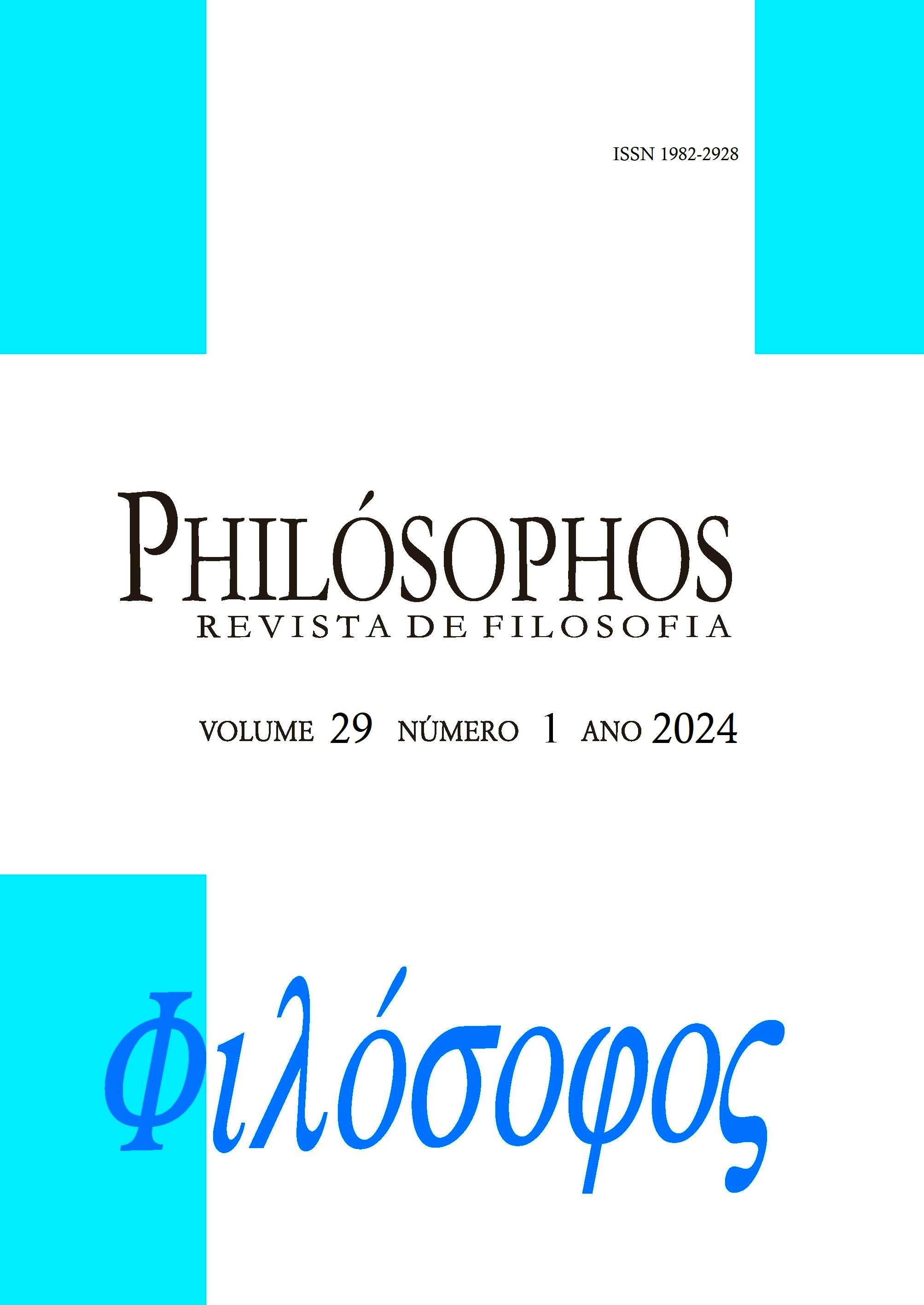Realismo vs. Instrumentalismo em Análise do Comportamento
esboço em prol de uma axiologia realista
DOI:
https://doi.org/10.5216/phi.v29i1.78376Keywords:
Realismo científico, instrumentalismo, Análise do Comportamento, pragmatismo, axiologia da ciência.Abstract
This article delves into the ongoing debate between realism and instrumentalism regarding scientific theories, placing a particular emphasis on the debate unfolding within the context of Behavior Analysis (BA). Realist axiologies are characterized by two key tenets: (i) scientific theories should aim to identify and describe the extra-theoretical processes, entities, properties, and/or relations within their study domains; and (ii) we are justified in deeming them successful in this endeavor when they are (highly) empirically adequate (or mature). Instrumentalist (or antirealist) axiologies, on the other hand, reject (ii), and in some cases, also (i). In the context of metatheoretical debates within BA, both from its predominant research matrix (radical behaviorism) and from some of its alternative foundational proposals (such as molar behaviorism), forms of instrumentalism are notably prevalent. This work presents a logical-conceptual reconstruction and examination of the recent debate in BA, scrutinizing common instrumentalist arguments within this context and outlining the defense of a nuanced form of realism, close to the proposal put forward by F. Suppe.
Downloads
Downloads
Published
How to Cite
Issue
Section
License
Copyright (c) 2024 Philósophos a journal of philosophy

This work is licensed under a Creative Commons Attribution-NonCommercial-NoDerivatives 4.0 International License.
Authors who publish in this journal agree to the following terms:
- Authors retain copyright and grant the journal right of first publication, with the work simultaneously licensed under a Creative Commons Attribution License that allows others to share the work with an acknowledgement of the work's authorship and initial publication in this journal.
- Authors are authorized to enter into separate, additional contractual arrangements for the non-exclusive distribution of the journal's published version of the work (e.g., publishing in an institutional repository or as a book chapter), with an acknowledgement of its authorship and initial publication in this journal.















